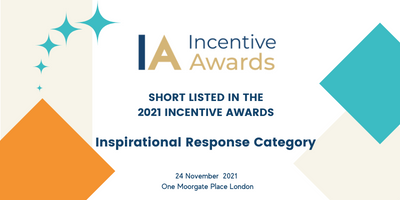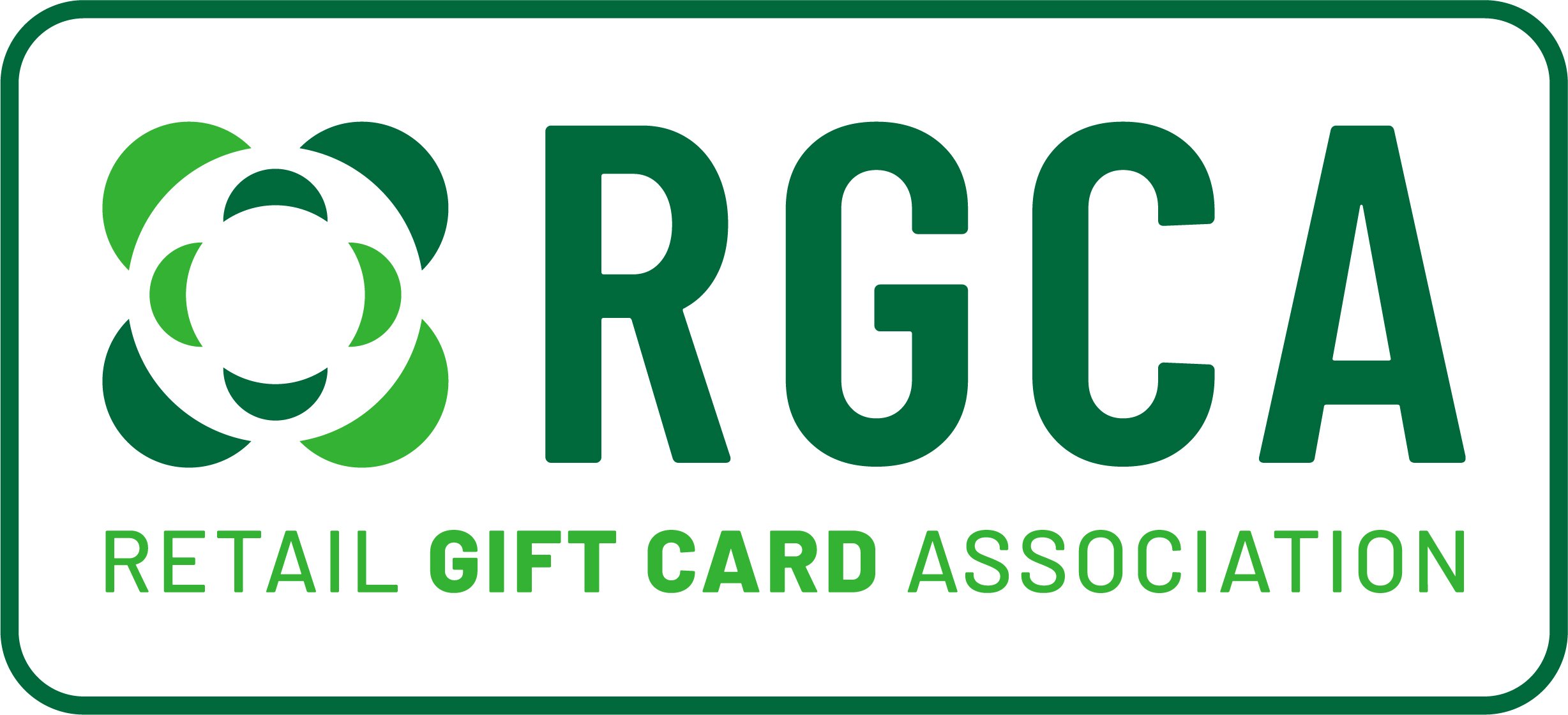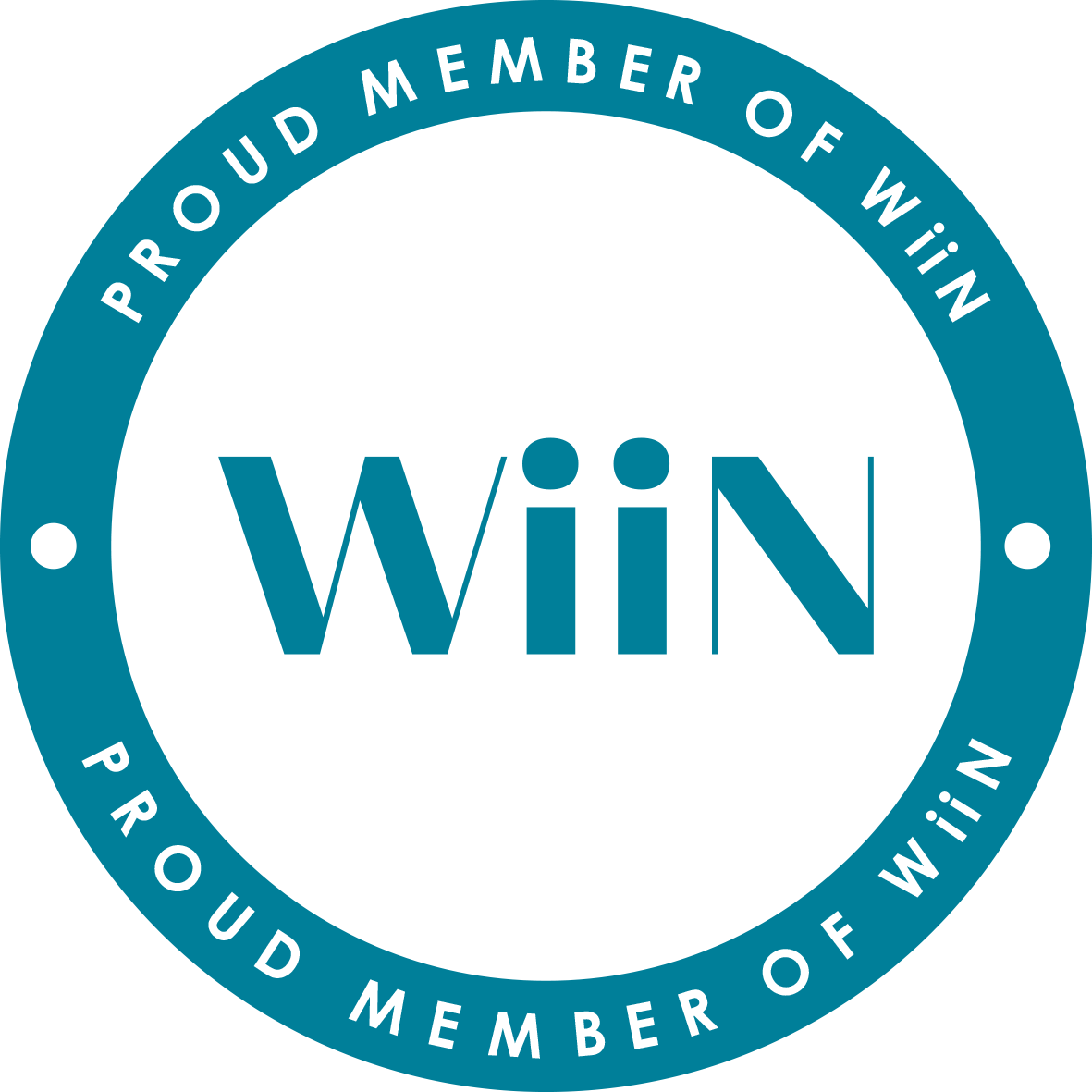Read time 8 mins
Author Tillo
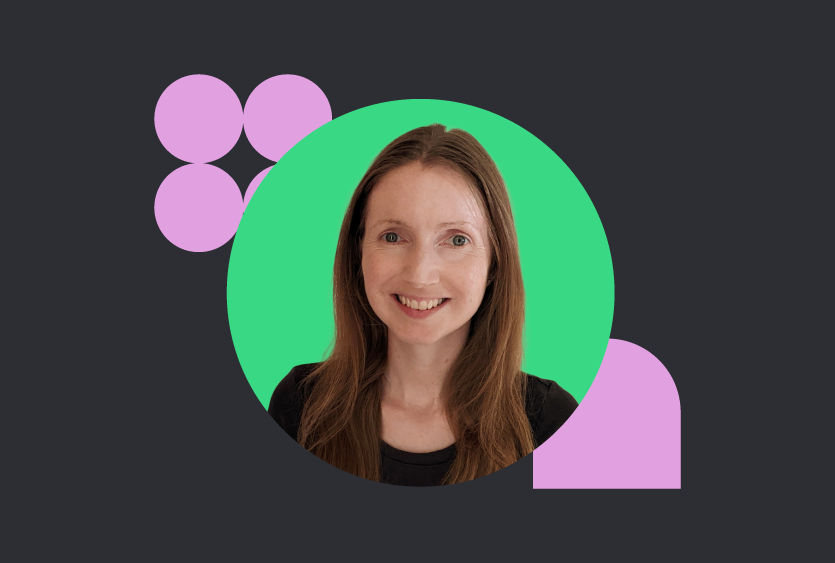

I recently sat down with Naomi Gotts, to talk about all things software engineering and understand more about her career path as well as what it’s like to work in Tillo’s engineering team. Naomi is lovely and I thoroughly enjoyed our conversation - as a non-technical person I learnt a lot more about what the role actually involves. She also had some great advice for others wanting to get into this space.
It’s always inspirational to speak to someone that’s so passionate about what they do and she embodies a lot of our Tillo values. In her time here, she’s worked on some major projects - from our new Choice Links project to updating our own API, promoting Test-Driven Development within the Engineering Team, making our code bases more robust, and leading our first ever internal tech conference. As it’s National Women in Engineering day, there’s no better team member we could have chosen to feature.
This is an interesting question because when I was in school and doing career investigations, what I'm doing now wasn't necessarily even a thing. So I took a bit of a different, creative, and interesting path into software engineering. I went off to university after school and studied Geography, which isn't the natural path that you might think an engineer would take.
Software engineering is an industry where you’ll find lots of people have come from all sorts of different educational backgrounds and different learning paths.
When I was studying Geography at Exeter, the internet was booming and becoming commonplace in people’s homes. I’d started to mess about with code to see what websites I could build. It was like a whole new world had opened up and it grew from there - from just tinkering with HTML, to then later moving on to PHP and MySQL.
When I finished university, I didn't really have a direction for the first time in my life - I didn't really know what I was going to do next. I didn’t have a vocational path. I started doing some admin work for the local council. Alongside this I was still tinkering with building web stuff in my spare time; it was at this point that I actually started building Knome F1 (a Formula 1 Fantasy website); and this project is really how I learned PHP application development.
Until that point, I'd really only built flat, static HTML and a bit of CSS, websites. But with the fantasy Formula 1 application, I needed a database and I needed to get data out of that database. I needed to calculate league tables and all these types of things. And I just remember sitting at home in my bedroom working on this and thinking, I'm really enjoying this. Coding is such a challenge, but it’s really rewarding as well because you’re creating something.
But even then, I didn’t really recognise that this was something I could actually do as a career and be paid money for.
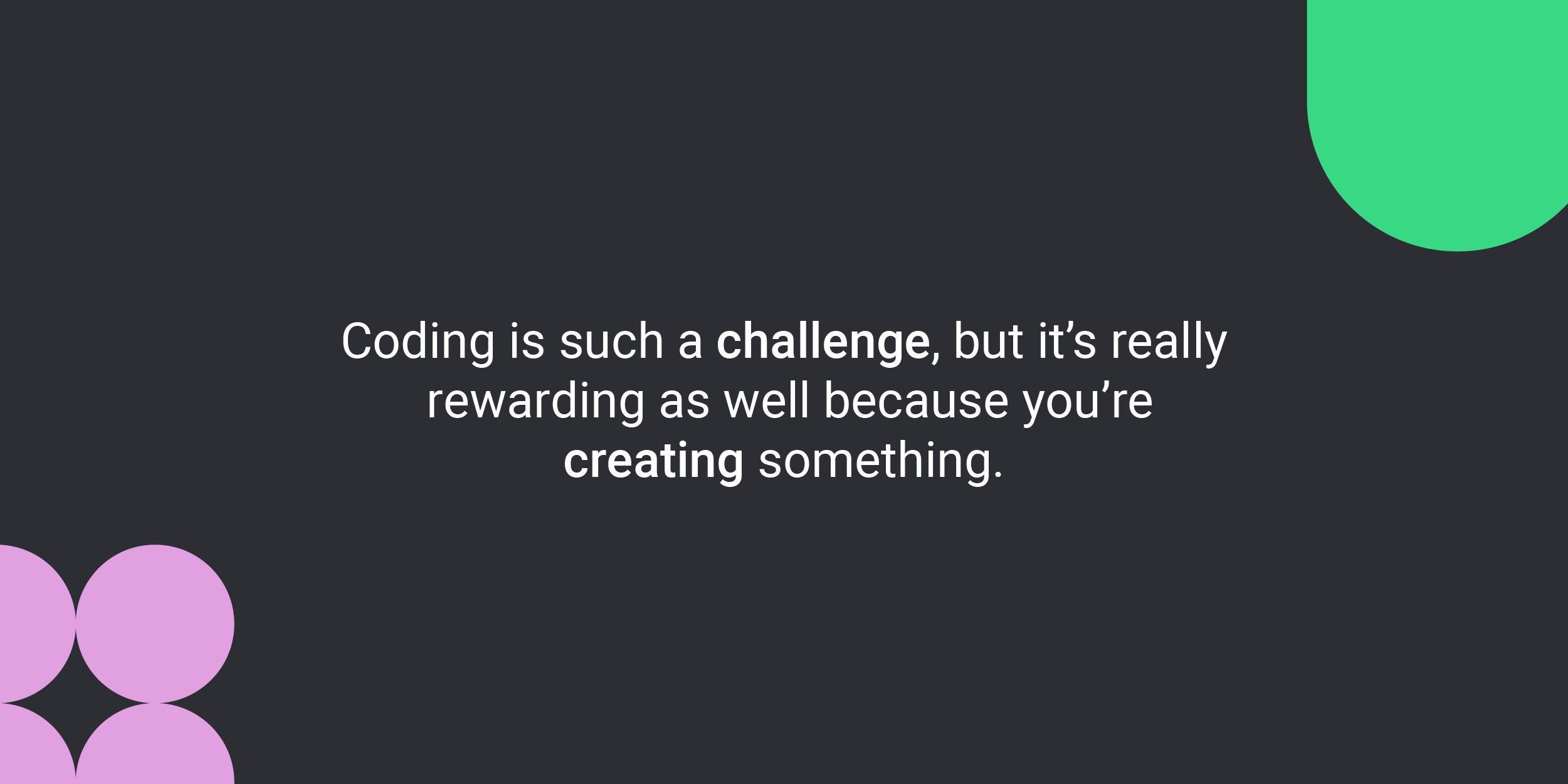
When I was working on Knome F1, it did sort of cross my mind: “imagine if there was a job out there where I could be paid to do this. That would be cool.” But the thought never went further than that.
And then a couple of years down the line, I was at a point with my admin job where I just wasn't being challenged by it at all and I felt like my brain needed to be exercised doing something else.
I was actually working with some educational psychologists at the time, and they were really supportive and encouraged me to pursue the web development route.
I started looking around for web-based roles. A job came up locally for a web graphic designer. I applied because I enjoyed the visuals and design side of web development as well as the coding. But the guy that was interviewing me took one look at my CV, saw that I’d done maths at A Level, and said “you’re a developer”.
They were a small, growing company at the time, and they said they’d like to hire me as a developer. I very quickly realised that this was the job I’d said to myself, “wouldn’t it be incredible to get paid to do this?” So that’s how I got started in this career. I feel very lucky to be doing a job that I can genuinely say I love (most days anyway)!
Software development can sometimes be very polarising - you’re often trying to make something work that doesn’t work straight away. You’ll be trying and trying and it can get quite frustrating at times so you need a lot of perseverance.
And then all of a sudden it will work and it’s amazing - I’ve often said it’s a bit like “the drug of programming”; the high that you get when something comes together and works properly. That’s what keeps you going through the times when you’re trying to get to that point. Even when you’re struggling to solve a problem, you know at the back of your mind that there’s going to be a solution. So you keep going until you get there!
It’s great to be able to do something I’m passionate about in my day job; not everybody has that.
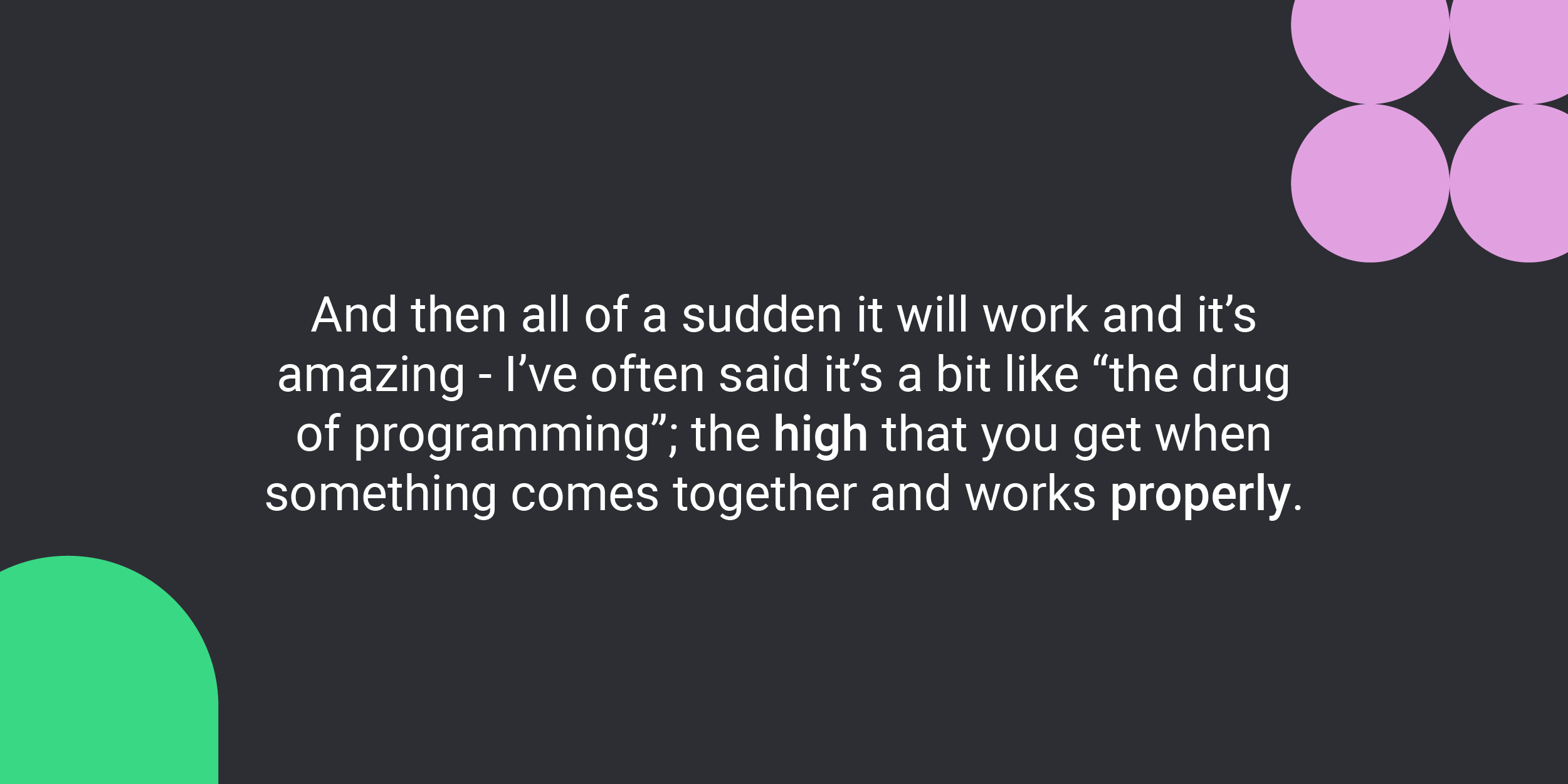
I’m personally quite keen on maintaining my connection with the code which is why I’ve chosen to go down the Senior Software Engineering route, rather than the route of Engineering Manager. Maybe that’s something that will change in the future but for now, I like being more focused on the technical delivery of applications. I’m where I feel I can be most valuable and most helpful currently.
A key piece of advice I give to people looking to get into software engineering is to build a portfolio of your projects. However, people shouldn’t feel that they need to have 100 side projects - I have my main one (Knome F1) but now I do software development for my main job, I like to have more balance to my life outside of work. That’s the nice thing about finding your day job fun! You don't always need 100 projects just to prove that you’re passionate about the job you do. It’s important to protect yourself from burnout too.
I started working at Tillo in the middle of a lockdown in February 2021, as part of the “Great Resignation” that happened during the pandemic. I’d been in my previous role for 5 years and it wasn’t particularly inspiring me any longer. So I was looking for something new that was going to be more of a challenge.
Ideally I wanted to find a company that was growing - so that I could go on that journey with the company - basically a company that was going places. A great opportunity that comes from being in an evolving team is that there’s the option to move around within the evolving team structures and experience different roles.
I was also keen to find a company that I felt I was going to be a culture fit for; this is something that Tillo does really well with their recruitment and was a strong draw for me.
You get a strong sense of the culture through the recruitment process which is really important. It’s also really clear when looking at the website and social media; I remember seeing that they’d done a treasure hunt and thinkingt “that sounds fun!”
I didn't want to go to a place of work where I felt like a number or I'm just doing a job. I like the sense of team we have at Tillo.
I’m also pleased to be working somewhere where there's a hybrid working model. This gave me the opportunity to look for roles outside my immediate area. It’s nice to have the flexibility to be in the office some days and WFH other days. My role is entirely possible remotely and we have some great tools that help the collaboration process so it’s still a great experience, even with less face-to-face time.
Day to day, I’m working with two or three developers quite closely on sprint work. Rather than business as usual, our team is working more on new features and new functionality which is interesting. Recently we’ve been fundamentally involved in building Choice Links. It’s really rewarding to see the product actually come to market!
We work together collaboratively via Slack, Miro, on calls and of course face-to-face discussions - and I really enjoy creative problem-solving. When we problem solve as a group, often someone will bring a point of view or opinion that you haven’t considered - and it will spark another idea or you’ll be able to combine ideas and then we’re really getting somewhere.
As part of my role as Senior Software Engineer here, something I’m really keen on is knowledge sharing. I’m running a technical book club where we’re reading a section of a book each week and coming together as a group to spend half an hour discussing what we’ve been reading. We’re currently reading “Domain Driven Design with Laravel” which is very relevant to what we’re doing.
We also have team knowledge evaluation sessions to gather some knowledge base data; this is a case of understanding where the knowledge lies currently within the team- who knows what about each area of the system - so we can decide where there’s a training need. I also often sit in on interviews and we’ve recently hired quite a few new recruits.
I’m also in the process of organising Tillo’s first ever internal tech conference, which I’m really excited about! This has involved recruiting a number of speakers from our engineering team who will deliver some amazing and insightful talks. The conference will bring the company together to learn more about what the engineering team does, why we are doing what we are doing, and how it will positively impact the business as it continues to grow.
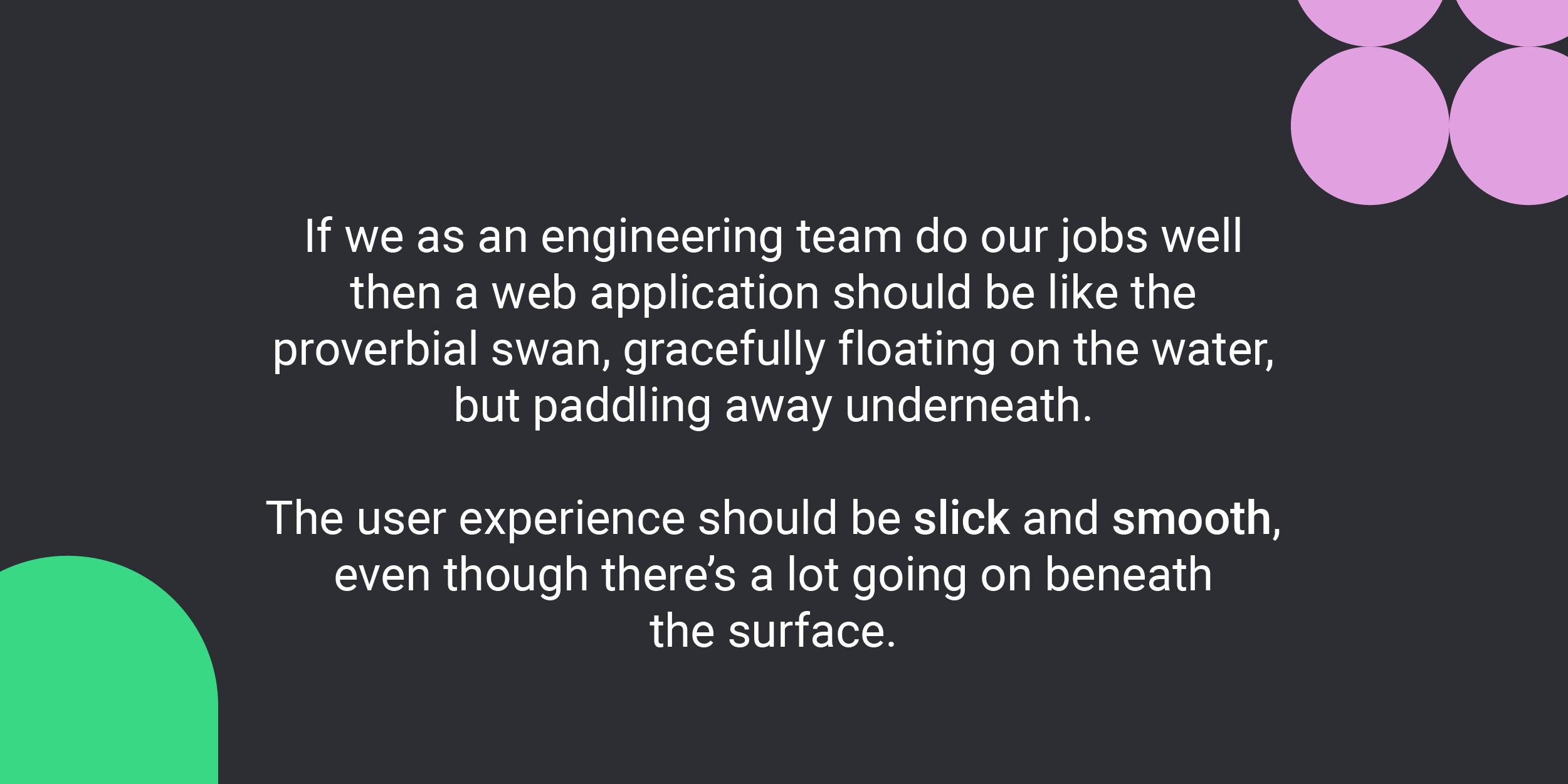
A really big focus for the team I’m on has been Choice Links. Unlike the core team who tend to be doing lots of different things, our team is usually focused on one specific project at a time. So our focus since the new year has been our new Choice Links project.
But each project encompasses a lot of different elements - so for example with Choice Links, we needed to make sure it produced reports for the finance team, integrated into the hubs so you can see what redemptions have been made, and we also had to build the right user experience. If we as an engineering team do our jobs well then a web application should be like the proverbial swan, gracefully floating on the water, but paddling away underneath. The user experience should be slick and smooth, even though there’s a lot going on beneath the surface.
Building things that work smoothly is where we get job satisfaction - when someone says “this is working really well,” it’s a great feeling.
For anyone looking to get into software engineering without much experience, my advice would be to start by building something. Challenge yourself and if you can make it relevant to you and your life, it will be all the better for it.
Diversity in tech is not going to change overnight but it needs to come from the ground up. Something I love about software engineering but isn’t always talked about is how creative it is. Some people might think it’s all code and maths - and there’s an element of that - but it’s also very creative and it involves logical problem solving; it involves both sides of the brain.
I really hope people aren’t out there thinking this is a career for boys. If you go back in history, you’ll find there were a lot of women involved when computer science was founded. There are some perceptions out there that need to be smashed.
I think it’s important to talk about what software engineering actually is, and what options it offers, in schools so that all young people can see it as a potential path for them, right from a young age. It’s all about giving people enough knowledge to make the right choice for them.
Tech is also often a career pivot for people - for anyone that wants a change, there can be quite a low barrier to entry. You’ll need a computer and an internet connection but after that there are so many resources, tutorials and articles out there that you can use.
I’ve been to tech conferences and felt what it’s like to be in a minority group, because there were so few women. But what I will say is the tech community that I’ve experienced has always been very welcoming which is a huge positive.
A number of years ago I saw a presentation by Martha Lane Fox about how tech was changing the world and how women were so underrepresented in the development process that we’re missing out on key functionality. We’re surrounded by tech and it’s so embedded in our lives. It’s incredibly important to ensure that there’s much more diversity in the groups of people shaping our future technologies; that’s the only way we can ensure a better experience for all users of tech.
Resources:
Domain-Driven Design with Laravel
Martha Lane Fox - 2015 Richard Dimbleby Lecture - The Richard Dimbleby Lecture 2015



